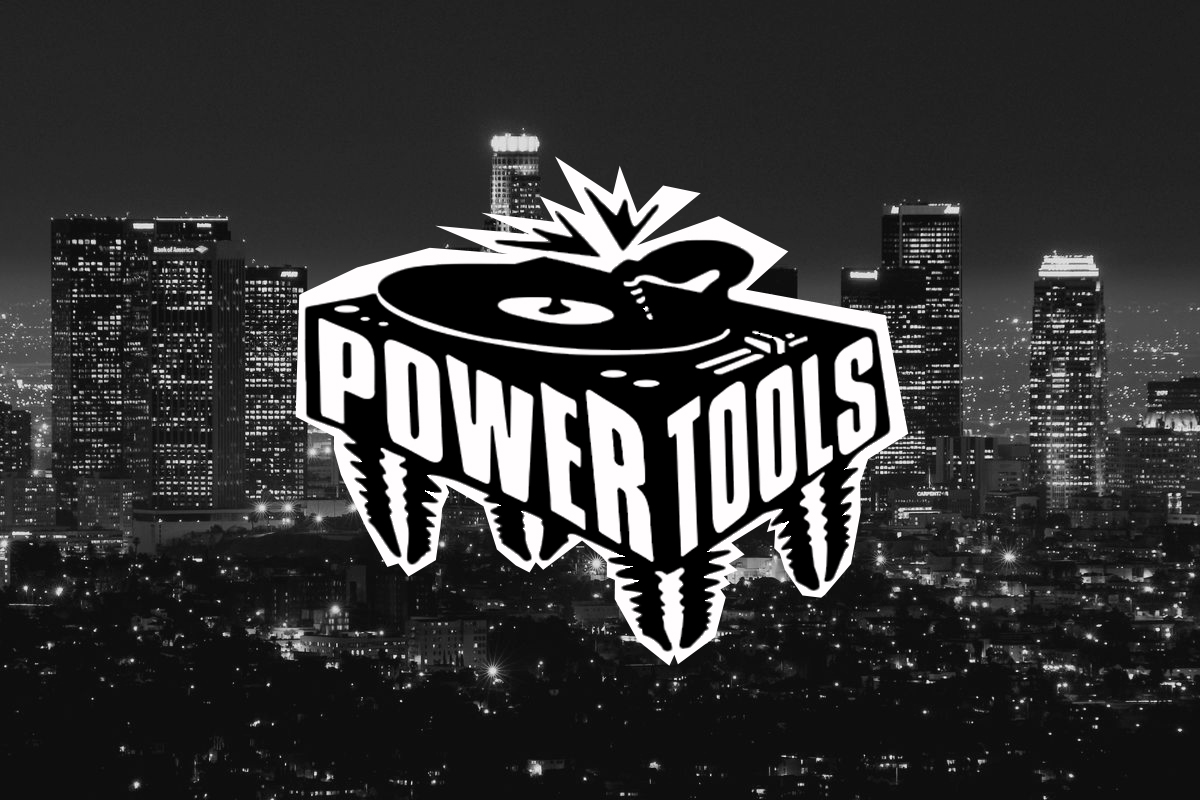|
Getting your Trinity Audio player ready...
|
In the sprawling, star-studded city of Los Angeles, where dreams dance in the neon lights, I found my rhythm to the beat of Power Tools, the iconic radio show that became the soundtrack of my formative years. My journey with this legendary show began in middle school corridors, a time when the world seemed vast, and music was my compass.
Discovering Power Tools: I remember the first time I tuned into Power Tools. It was a typical LA evening; the city lights were twinkling like distant stars as I fiddled with my old radio, seeking an escape from the mundane routines of school life. That’s when I stumbled upon the electric sounds emanating from KPWR Power 106 FM. The beats were unlike anything I had heard before—vibrant, pulsating, and utterly captivating. It was the early 1990s, and electronic dance music was just beginning to weave its magic in the mainstream. I was instantly hooked.
Growing Up with the Beats: Power Tools became my weekend ritual. Each show was a discovery, a high-energy mix of house, techno, and trance that resonated with my adolescent soul. I found solace in the beats and a sense of belonging in the rhythms. The show, pioneered by Richard Vission, wasn’t just about music but about storytelling. I vividly remember listening to DJ Speedy K, David Delano, Tony B, Swedish eagle, and AJ Mora, among others. Their mixes were not just music; they were the narrators of my teenage years, each track a chapter in my own coming-of-age story.

As I journeyed through high school, Power Tools was my constant companion. It was there during late-night study sessions, through heartbreaks and triumphs, and as the backdrop to countless memories. It introduced me to a world of sounds, influencing my taste and deepening my love for electronic music.
What made Power Tools special was its reflection of Los Angeles—a melting pot of sounds and styles. Much like the city, the show was diverse, dynamic, and always on the cutting edge. It wasn’t just music; it was a cultural experience that connected me to the heartbeat of my city. The interviews with artists added a layer of depth, offering insights into the minds behind the music.

A Community of Sound: Power Tools was more than a radio show; it was a community. It connected me to fellow Angelenos, uniting us through a shared love for dance music. In a city as vast as Los Angeles, it brought us together, creating a sense of unity in the midst of our sprawling urban landscape.
The Legacy Lives On: Now, years later, as I navigate the complexities of adulthood, Power Tools remains a cherished part of my life. Its legacy endures, adapting to the changing times with online streaming and podcasts yet still retaining its essence. For me, it’s a bridge to my past, a reminder of the days when life seemed simpler and the music was everything.
My journey with Power Tools is more than just a musical experience; it’s a reflection of my growth, intertwined with the evolution of Los Angeles’ electronic music scene. From those middle school days to the present, it has been a constant source of inspiration, a reminder of the power of music to transcend, transform, and unite. In the rhythm of Power Tools, I found my beat, my voice, and a connection to the vibrant heart of Los Angeles.






































